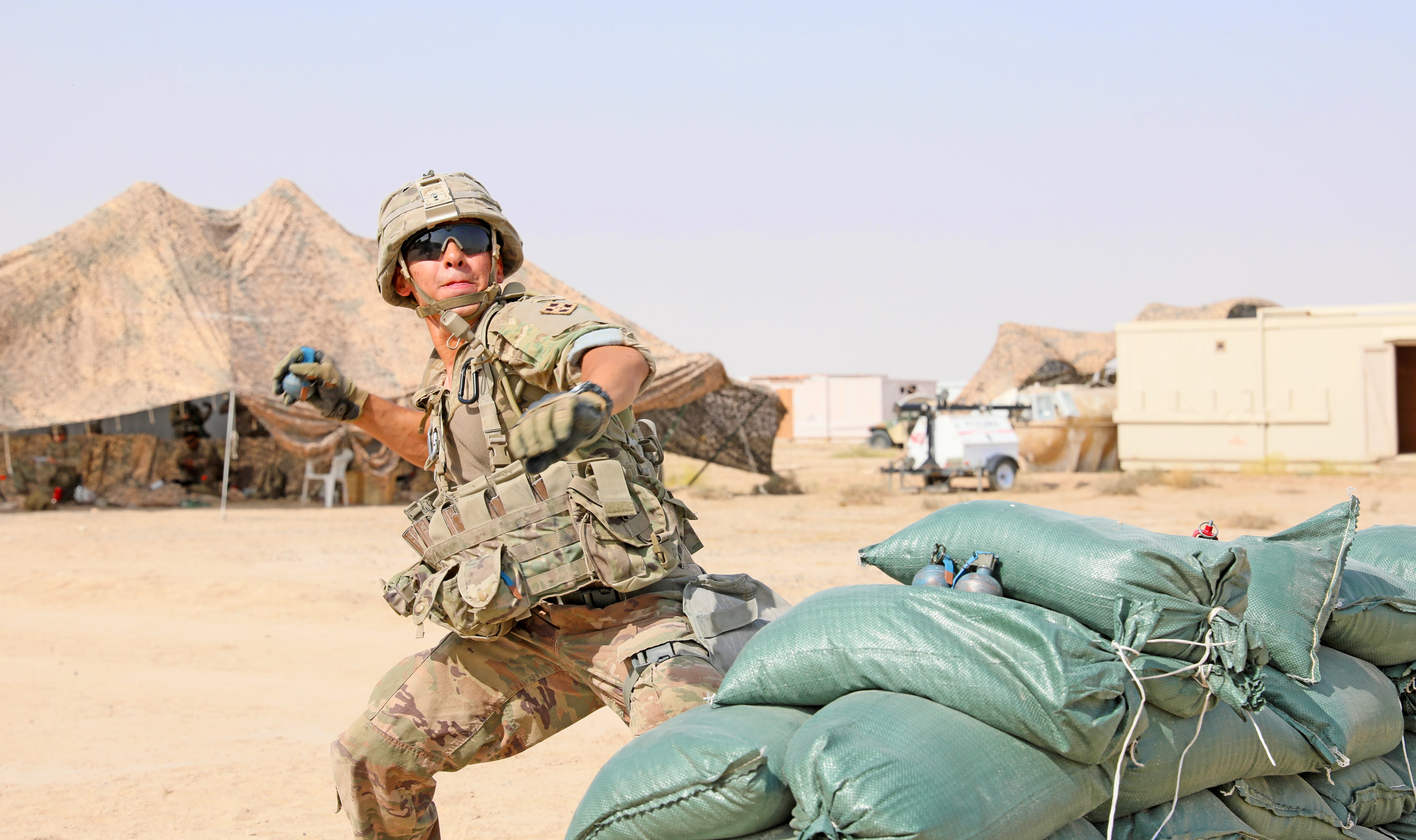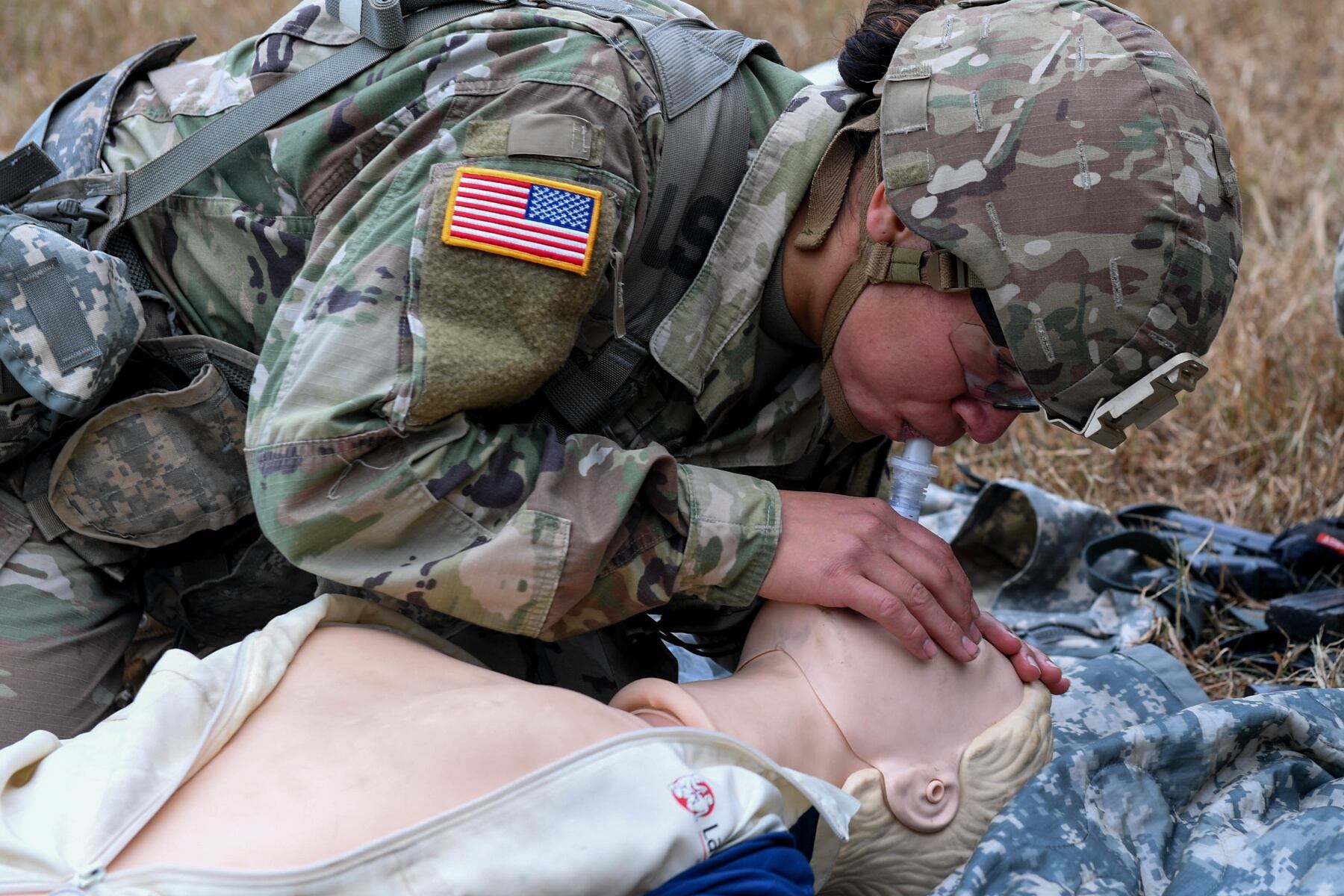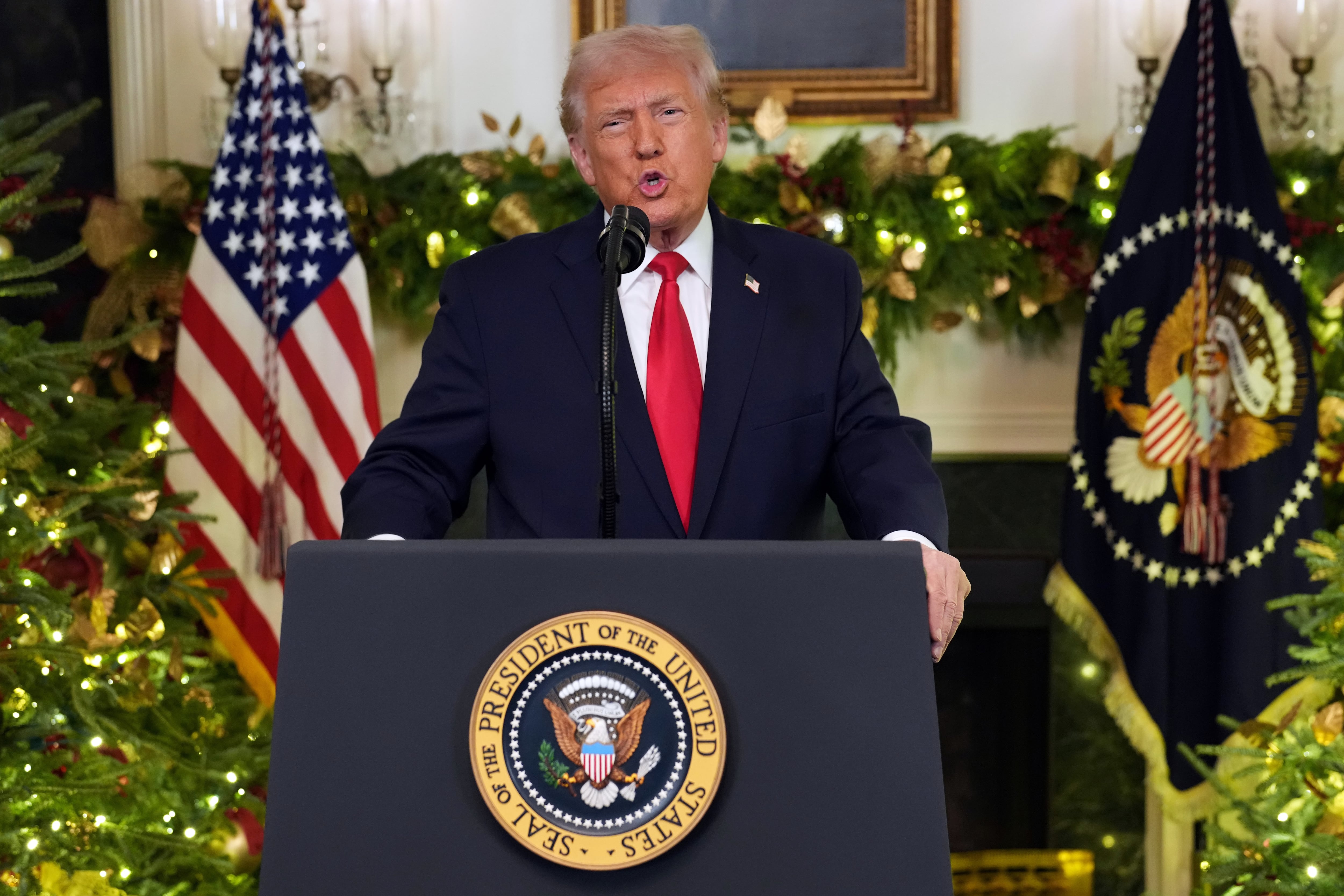The first batch of about 100 soldiers recently attempted to earn the new Expert Soldier Badge during a five-day event at Joint Base Langley-Eustis, Virginia.
Only three made it.
It was the first time soldiers had a chance to gain the coveted badge, created for soldiers who are not infantry, combat medics or Special Forces.
The goal behind creating the badge and new standards was to get soldiers outside of those combat jobs working to improve their warrior and battle skills when not in pre-deployment training, officials told Army Times.
RELATED

To pass the ESB, soldiers must have first passed all components of the Army Combat Fitness Test within the preceding six months, scoring at least 80 percent in all events, and qualified as an expert with the M4 carbine or M16 rifle, according to an Army release. Participants then have to take another ACFT and day and night land navigation to then move on to the medical, patrol and weapons portions of the test.
Each of those lanes has 10 tasks, and soldiers must pass each to move on to the final event — a 12-mile ruck march.
“We’re trying to make sure every Soldier gets back to their warrior skills and battle drills,” said Command Sgt. Maj. Edward Mitchell, command sergeant major at the Center for Initial Military Training. “The Skill Level 10 task that every Soldier must be able to do in order to survive in combat.”
Before rolling out the ESB, the Army conducted a pilot study and found pass rates were similar to those they see on the Expert Infantry Badge and Expert Field Medical Badge, officials told Army Times in June.
“Soldiers are now getting a taste of what it means to be an elite Soldier,” Mitchell said. “That's what I mean when I say we’re raising the bar, we’re raising the level and we’re raising the performance of all Soldiers across the Army.”
The Army isn’t expecting every soldier to earn the badge. The ‘expert’ part means it will challenge soldiers.
“As it is now, not every Infantryman or Special Forces soldier earns the EIB and not every medic earns the EFMB,” Command Sgt. Maj. Timothy Guden said in a previous statement. “Keeping with the same mindset, this is a badge to award to those who truly deserve recognition as an expert in their career field.”
Standards will not be adjusted for age, gender or any other criteria, officials said.

“As it is now, not every Infantryman or Special Forces soldier earns the EIB and not every medic earns the EFMB," Guden previously said. “Keeping with the same mindset, this is a badge to award to those who truly deserve recognition as an expert in their career field.”
Capt. David Morin, a network officer with the 93rd Signal Brigade earned his ESB along with two other soldiers during the recent event.
The captain called the test “exhausting and challenging,” but a great overall experience.
“I feel like I have really accomplished something, and it was a good test to evaluate how well you could complete the task required,” Morin said in the Army release.
Todd South has written about crime, courts, government and the military for multiple publications since 2004 and was named a 2014 Pulitzer finalist for a co-written project on witness intimidation. Todd is a Marine veteran of the Iraq War.





